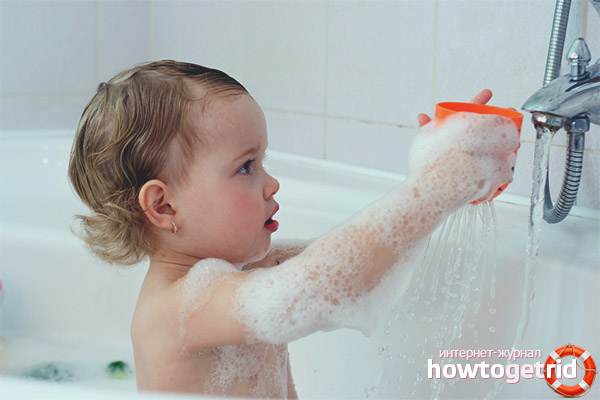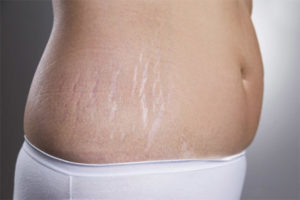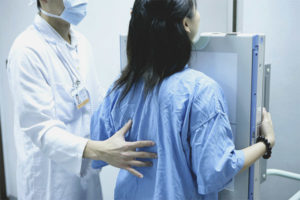The content of the article
Treatment of a child is a very important process, which is regulated not only by a doctor. In many ways, the health and immunity of the baby depends on the parents and their correct actions. After all, a viral infection occurs in children very often, especially after 2-3 years, when the baby goes to kindergarten and is faced with a huge number of pathogens. Correct, adequate treatment in this case is the key to future health. Experienced mothers know that with ARVI, antibiotics are useless and harmful, moist air, airing, rinsing the nose, and drinking plenty of fluids are much needed. One of the main symptoms of a cold is a stuffy nose and runny nose. In children, snot appears so often that some parents sometimes stop paying attention to them and lead a normal lifestyle. But is it possible to bathe a baby if he has a nose leak or no nasal breathing at all? In this article we will try to deal with this important issue once and for all.
When can I bathe my baby with a cold?
Rhinitis runny nose - it is important to understand. If the baby has viral snot, transparent mucus constantly flows from the nose, then you should not be afraid of it. Most often, this is a common virus, which, with the right treatment, quickly disappears. And water procedures for acute respiratory viral infections are not only permissible, but also useful. If the runny nose is severe, it lasts more than a week, and the mucus from the nose becomes thick, yellow or green, most likely a bacterial infection has joined. Such snot is best treated with the help of a doctor and a properly selected antibiotic. Especially if such a runny nose is accompanied by lethargy of the child, high fever, etc.
Track the condition of the baby. If he feels well, if he plays actively, laughs, does not act up, eats well, then he feels rather well, you can swim. Moreover, the hygiene procedure can be turned into a medical one! To do this, just add sea salt to the water. Part of the liquid will certainly fall into the nose, it will perfectly wash the nasal passages, relieve congestion, and draw out excess mucus. And you can also make a bath based on a decoction of medicinal plants - chamomile, string, oak bark, nettle, calendula. The antibacterial and anti-inflammatory properties of herbs in the form of vapors penetrate the nasal passages, ease the condition of the baby and help to quickly defeat the common cold. This is a kind of replacement for inhalation. The moist air in the bathroom perfectly moisturizes the bronchi, which provides a powerful cough prevention. And the hot water in which the baby swims will help warm its legs, which is also very useful for colds. But in order to get only benefit from swimming, the procedure must be carried out correctly.
How to bathe a sick child with a cold?
Many mothers try to bathe a cold child as quickly as possible to wash the baby and immediately pull him out of the water. This is wrong, because the baby does not have time to warm up. Water helps the child recover, but you need to follow a few simple rules.
- If the baby suffers from a runny nose, the water should be a little hotter than usual - by 1-2 degrees, for a while you need to postpone all the elements of hardening.
- The air temperature in the room should be high enough, almost equal to the temperature of the water so that the crumbs do not freeze.
- After bathing in sea salt and a decoction of medicinal herbs, it is necessary to rinse the baby in clean water.
- You can add a little Golden Star balm to the water. It has a lot of essential oils that will help get rid of nasal congestion.
- Before bathing, close all windows, turn off the air conditioner, after water procedures it is important to eliminate the slightest draft.
- You can swim with a cold, doctors say this, because water helps flush toxins and sweat from the skin of a child. But it is better to refuse to wash your hair, wet hair can cause the baby to freeze, especially if the hair is long.
- Before bathing, try not to give the baby any medications, they can provoke nausea and vomiting.
- After water procedures, try to wipe the child in the bathroom without taking him out of the room. Wipe the baby thoroughly and immediately wrap it in a diaper so that the crumbs do not freeze.
Try to bathe your baby before bed so that after water procedures the baby goes to bed and does not cool. Be sure to give the child milk, and if he is more than 2 years old, add honey and a little butter to the milk. Turn on the humidifier, rinse your nose with saline and empty the mucus with an aspirator. After all the measures taken, a runny nose the next day will become much less pronounced. If you go to the pool, then with a runny nose it is better to refuse such water procedures. Still, the pool water is quite cool, even the slightest hypothermia can aggravate the problem of nasal congestion. The baby may freeze even when leaving the water.
When you can not bathe a child with a runny nose?
There are some symptoms in which swimming is strictly prohibited. First of all, it is a high temperature. If the baby is lethargic, weakened, if he is capricious and does not feel well, bathing should be abandoned. In extreme cases, the crumbs can simply be wiped with a towel dipped in warm water. During a diaper change, a sick child can be washed under the tap without bathing it completely. If the baby has an allergic runny nose, then you can bathe it without any special restrictions, however, it is worth giving up various herbs, they can provoke an even greater reaction of the body.
Remember that you can not bathe the baby if the diagnosis is not exactly established. Especially if a runny nose is accompanied by any skin rash. With some dermatological diseases, water procedures are strictly prohibited. A runny nose is not a reason to refuse to swim, it is important to do everything correctly!
Video: is it possible to bathe a child during an illness










Submit